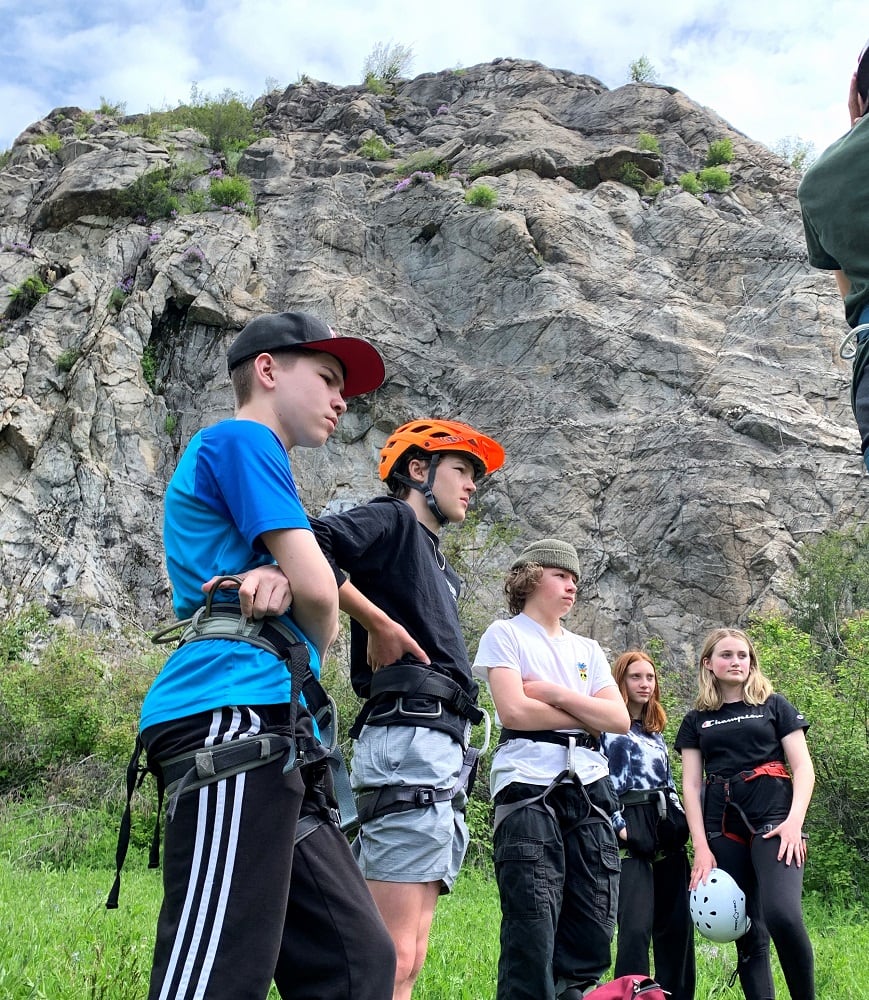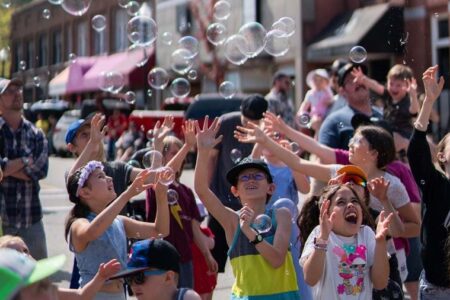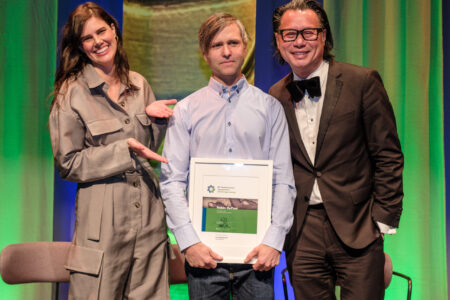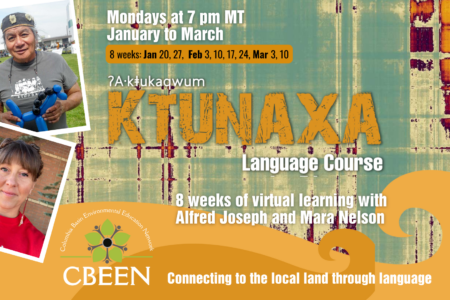7S students climb to new heights in Castlegar
The teenage culture is burdened with emotional sabotage, shame, and negativity, leading to decreased engagement, innovation, creativity, and trust. Learning to be calm, focused, and socially productive is every parent’s desire for their teenager.
Finding opportunities for these connections makes the impossible possible. Three types of learning, Discovery, Experimental, and Transformative, are models that provide the learner with profound change via active participation. Active engagement methods offer constructive and critical ways for students to infuse meaning and intention into their lives.
Outdoor adventurist Keith Robine is an avid instructor of outdoor activities. He teaches both the Avalanche Skills Training Level 1 and the Introduction to Rock Climbing at Seven Summits Centre For Learning.
“People will tell you that you can’t focus. That you have problems. But I welcome you to try. By trusting your genuine feelings of fear, knowing that being scared is natural and the right feeling, you can give yourself permission to go through the process of this very real fear and trust you will be okay,” says Robine. “Keep going for it, keep moving; it is a powerful process to be in that moment and trust your skills, abilities, and partner to support you to safety.”
Robine takes the opportunity with this captive audience to educate them about nature, waterways, and how to respect nature and one another. His stories offer both direct and symbolic lessons, leaving no student unchanged by the experience. The initial story about the view from the location of the Grad Rock in Castlegar is about the confluence of the Kootenay and Columbia Rivers. Robine tells how the two waterways start only kilometres apart; they flow thousands of miles away from each other, crossing borders, mountain ranges, puddling into lakes, and eventually coming together to meet at the confluence to combine, then journey on to the ocean. This story sets the stage for cooperation amongst students before the impending activity. Confluence is to ‘flow together’, which fosters the theme for the day about working together and trusting one another.
The Grad Wall is a safely developed rock-climbing site located at the base of Sentinel Mountain near Castlegar. According to the mountainproject.com, a dozen “1-2 pitch bolted moderate routes on the compact rock” are on the nearly vertical face. Ascending climbs graded at 5.7 to 5.8 degrees of difficulty, the 7S students took turns to climbing and belaying. The aim was for students to overcome their fear of falling, trusting the ropes and their belaying partner. The second ascent offered the climber one of three routes to successfully reach higher to expand and challenge personal comfort zones. Some students made six attempts, even reaching the top and picking a flower for their friends below.
This experience was a personal one for each student. They did not compete, belittle, criticize, or chastise one another into climbing. Instead, they respectfully and dutifully took responsibility for the other student’s life. Resilience is built on moments of connection in relationships that bring joy and safety.
“Going up was fun as I was always searching for a spot to latch onto and climb higher but coming down was scary as I didn’t like the rope’s elasticity,” says grade 8 student Emma Krajinovic.
“Climbing is challenging and creates focus because I had to really concentrate; then I had to trust my belay partner would get me down safely; it was hard not to panic at times,” says grade 8 student James Langille.
“The climb was exhausting, and the rappelling made you forget that because it was scary. Even though I was so grateful to be back on the ground, I just couldn’t wait to get back up and do it again”, a grade 8 student said Jersey Grafton.
“I actually overcame my fear of heights as I kept wanting to go higher once I knew I was safe and I really wanted to accomplish something,” said Valen Diplock. He continued, “the scariest part, the rappel down, became the best part in the end because it was freedom from my fear.”
Today’s high school education should be about more than reading, writing, and arithmetic. In an ideal learning environment, schools take a captive audience out of their comfort zone and provide them with opportunities for growth, trust, adventure, friendship, and healthy bonds. Ideally, high school should offer genuine, safe experiences outside the classroom and provide new options for accomplishment.
Providing scaffolding to improve students’ points of view, intrinsic motivation, personal relationships, and overall happiness is a responsibility that Seven Summits Centre For Learning administrators takes seriously. To this end, field trips such as the Back to School Camping Trip, Social Studies 10 Historical Tour, Biology 11 Exploration Trip, and the Grade 8&9 Rock Climbing Trip allow students to engage in safe but constructive activities outside their usual environments. The students employ the outside (nature) to nurture their inside (minds).
Focused on the process and free from the fear of falling, these rock climbing Seven Summits students learned a new life skill and more crucial take-away life lessons. Each student was grateful to be back on the ground and learned from the personal experience of the climb. They learned to trust, believe in themselves, communicate clearly, be mindful, and process fear as an honest and natural warning to pay attention and find a way forward to success.
“He who overcomes his fears will truly be free”- Aristotle.
























